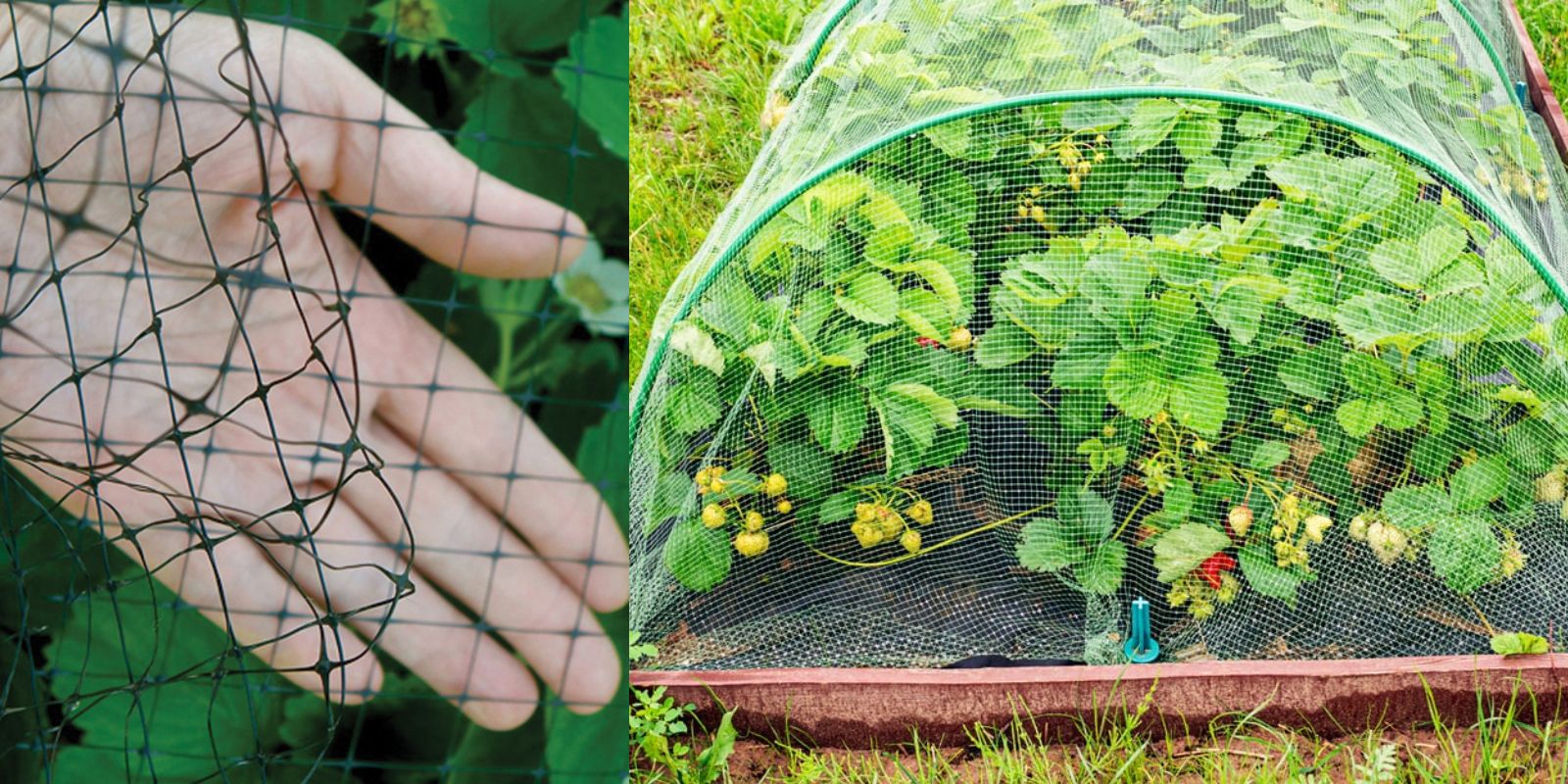Gardening is a fulfilling hobby that connects us to nature, but it can also bring challenges, particularly when it comes to managing unwanted visitors. Birds, while often beautiful and beneficial to the ecosystem, can pose significant threats to your garden. From pecking at seedlings to eating ripe fruits, they can quickly turn your hard work into a feast for them. Fortunately, there are numerous effective strategies to keep birds at bay without harming them or the environment. In this article, we’ll explore various methods to protect your garden while maintaining a harmonious relationship with our feathered friends.
Understanding the Problem
Why Birds Are Attracted to Your Garden
Before implementing strategies to deter birds, it’s essential to understand why they are drawn to your garden in the first place:
- Food Sources: Gardens often provide a variety of seeds, fruits, and vegetables, which are appealing food sources for birds.
- Shelter: Dense foliage and garden structures can offer shelter and nesting opportunities.
- Water: Gardens with ponds, birdbaths, or even puddles can attract birds seeking hydration.
By recognizing these attractants, you can better strategize how to protect your garden.
Effective Strategies to Keep Birds Away
1. Use Bird Netting
Bird netting is a physical barrier that can effectively protect your plants:
- Installation: Drape netting over fruit trees, vegetable patches, or flower beds. Ensure the netting is securely anchored to the ground to prevent birds from getting underneath.
- Accessibility: Use netting that allows for easy access when harvesting or tending to your plants.
- Material Choice: Choose lightweight, UV-resistant netting that won’t damage your plants.
2. Implement Scare Tactics
Birds are easily startled, so employing scare tactics can help keep them at bay:
- Scarecrows: Traditional scarecrows can be effective, but consider updating them with reflective materials or moving parts to make them more dynamic.
- Reflective Tape: Hang shiny tape or aluminum foil strips in your garden. The light reflecting off these surfaces can deter birds.
- Predator Decoys: Place plastic owls or hawks in your garden. These predator figures can create a sense of danger that keeps smaller birds away.
3. Utilize Sound Devices
Creating noise in your garden can help frighten birds away:
- Wind Chimes: Hang wind chimes that produce sound when the wind blows. The movement and noise can be unsettling for birds.
- Bird Distress Calls: Use devices that emit distress calls from birds. This can signal danger to other birds, prompting them to leave the area.
4. Strategic Planting
By selecting specific plants, you can create a less attractive environment for birds:
- Plant Choices: Opt for varieties that are less appealing to birds, such as certain herbs or spicy peppers. Alternatively, consider planting sacrificial crops that birds might prefer over your main plants.
- Dense Planting: Planting densely can reduce the visibility of your fruits and vegetables, making them less enticing to birds.
5. Create Distractions
Offering alternative food sources can divert birds from your garden:
- Feeders: Set up bird feeders filled with seeds or suet in a different part of your yard. This can keep them occupied and away from your garden.
- Water Sources: Provide a birdbath or small pond away from your garden to satisfy their need for water.
6. Use Visual Barriers
Creating visual barriers can help obscure your garden from birds:
- Garden Fencing: Install a fence around your garden, which can deter birds while also protecting against other pests.
- Row Covers: Use row covers for young plants, which will not only protect from birds but also provide some protection from pests.
7. Employ Chemical Deterrents
If you’re looking for a more proactive approach, consider using natural repellents:
- Cayenne Pepper: Sprinkling cayenne pepper around your garden can deter birds without harming them. The spicy flavor is unpleasant for many birds.
- Commercial Bird Repellents: There are also various commercial bird repellents available that can be sprayed on plants. Ensure they are safe for your specific garden environment.
Additional Considerations
Timing Matters
When implementing bird control measures, timing is crucial:
- Seasonal Strategies: Birds may be more problematic during certain seasons, particularly in spring and summer when they are nesting. Increase your deterrent efforts during these times.
- Early Prevention: Start your prevention strategies early in the growing season to minimize bird attraction before it becomes a problem.
Monitoring and Adjusting Your Methods
Bird activity can vary, so it’s essential to monitor your garden and adjust your strategies as needed:
- Regular Checks: Keep an eye on your plants for signs of bird damage. If you notice increased activity, it may be time to ramp up your deterrent measures.
- Trial and Error: Different birds may respond to various methods. Be prepared to experiment to find what works best in your garden.
The Importance of Balance
While keeping birds out of your garden is essential for protecting your plants, it’s equally important to maintain a balance in your ecosystem:
- Beneficial Birds: Many birds are beneficial to gardens, helping control pests and pollinate plants. Consider which birds are causing problems and focus on deterring them while allowing others to thrive.
- Habitat Preservation: Ensure that your garden remains a habitat for other wildlife. Avoid harsh chemicals and aim for sustainable practices that support biodiversity.
Conclusion
Keeping birds out of your garden doesn’t have to be a daunting task. By employing a combination of strategies—such as using bird netting, scare tactics, sound devices, and careful plant selection—you can effectively protect your plants while maintaining a harmonious relationship with nature. Remember, the goal is not to eliminate birds entirely but to create an environment that discourages unwanted visitors while still supporting beneficial wildlife.
With these strategies in place, you’ll be well-equipped to safeguard your garden against pesky birds and enjoy the fruits of your labor without worry. Happy gardening! 🌱🐦✨
Feel free to share your own tips and experiences in managing birds in the garden with fellow gardening enthusiasts! #GardenProtection #BirdsInTheGarden #EcoFriendlyGardening #GardeningTips #SustainableGardening

